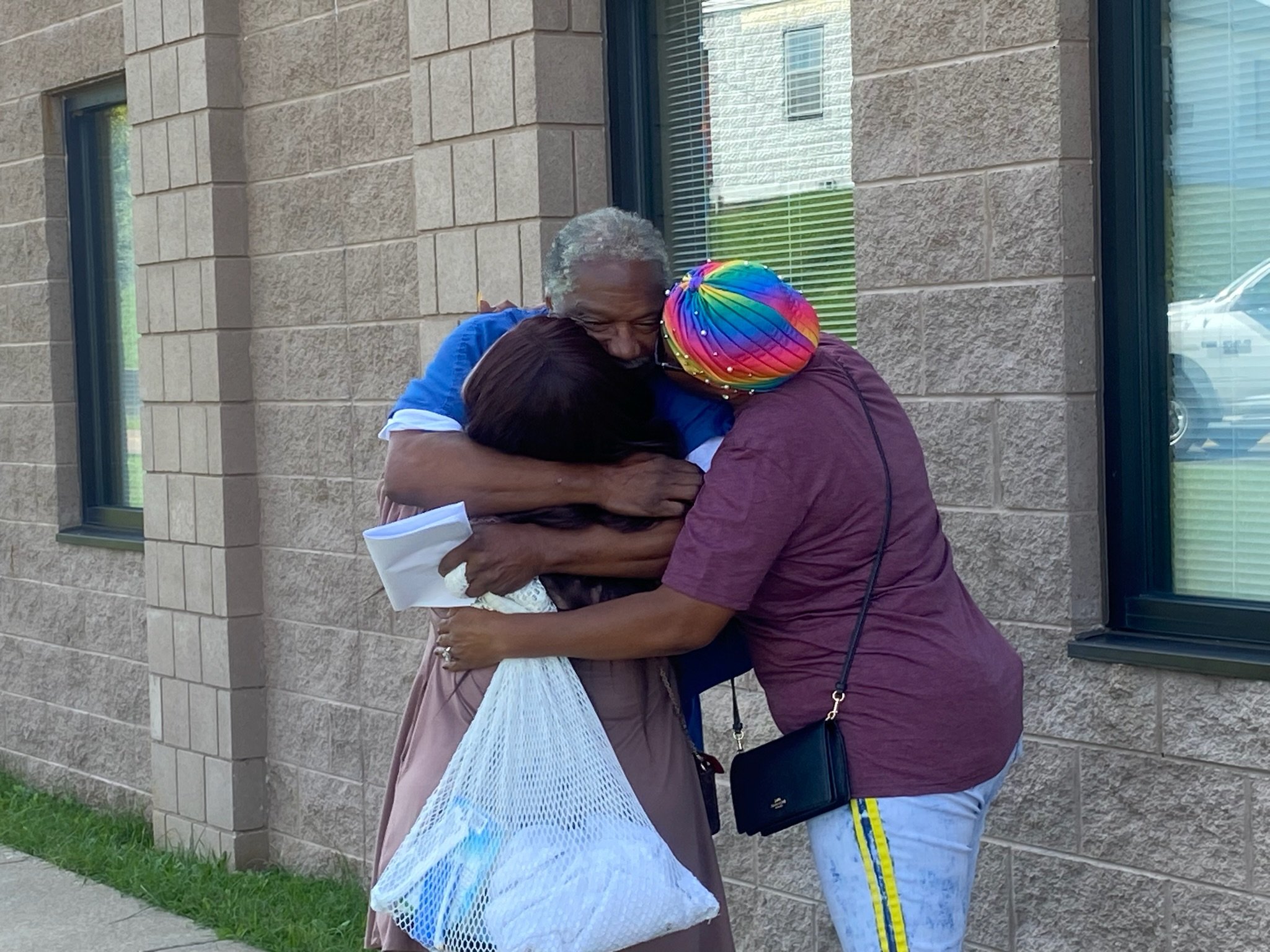Ricky Lee Webb
On September 22, 1976, a horrific crime took place in rural Milan, Tennessee. A twenty-nine-year-old mother of two was sexually assaulted and murdered in her own home. She was shot five times with a small caliber pistol.
Police immediately suspected Carl Ray Webb, a seventeen-year-old who lived a mile from the victim’s house. Carl Ray had been arrested for raping his own cousin two weeks prior, and investigators quickly learned that he stole the murder weapon from a neighbor’s truck right before the murder. Carl Ray was arrested near the crime scene, covered in blood and barefoot, and led detectives to where he had hidden the gun in the woods. He was charged with first-degree murder and rape and faced the death penalty. Two days later, he implicated his uncle, Ricky Lee Webb, who also lived in the neighborhood. Ricky was arrested on this accusation, but with no evidence connecting him to the crime and no prior criminal record, he was quickly released.
Eighteen months later, Carl Ray took a plea deal for a lenient sentence in exchange for agreeing to testify against Ricky. At Ricky’s trial, this testimony was the only evidence presented to the all-white jury. Ricky presented five alibi witnesses, one of whom saw Carl Ray acting strangely and walking toward the victim’s house by himself right before the murder. The jury nevertheless convicted Ricky, who received consecutive life sentences.
In 2021, Ricky wrote the Tennessee Innocence Project and asked for help. During the investigation of Ricky’s case, TIP found that the prosecution withheld clear evidence proving Carl Ray acted alone. The investigation discovered hundreds of pages of evidence that never saw the light of day, including a detailed confession from Carl Ray given right before he led police to the murder weapon. The investigation also revealed evidence that Carl Ray was severely mentally ill. As part of his pre-trial competence evaluation, four medical professionals diagnosed him with schizophrenia, including auditory and visual hallucinations.
The State also threatened Carl Ray into testifying against Ricky. Prosecutors hid evidence showing that the Tennessee Bureau of Investigations (TBI) called Carl Ray the N-word while interviewing him the same day he agreed to testify against Ricky. Later, when Carl Ray told the TBI he had changed his mind and would testify in Ricky’s defense, the TBI told him that if he did so, he would be murdered in prison.
The TBI used similar threats to obtain corroborating evidence against Ricky. Needing corroboration to obtain a conviction, they interviewed the mother of Ricky’s children, who told investigators Ricky was with her at the time of the murder. TBI investigators recorded themselves calling her the N-word and shut off the tape recorder after she gave them Ricky’s alibi. Forty minutes later, the tape recorder was switched on again, and she told the TBI what they wanted to hear. TIP interviewed this witness again in 2023 and learned that while the tape recorder was turned off, the TBI told her she would lose her children if she didn’t change her story.
In August 2024, TIP presented this new evidence to Senior Judge Roy Morgan, Jr., who overturned Ricky’s conviction on the spot and quoted Martin Luther King, Jr.: “an injustice anywhere is a threat to justice everywhere.” Ricky was formally exonerated on October 31, 2024. He spent 46 years, 8 months, and 23 days in custody for a crime he did not commit. According to the National Registry of Exonerations, Ricky is the fourth-longest serving exoneree in United States history.

